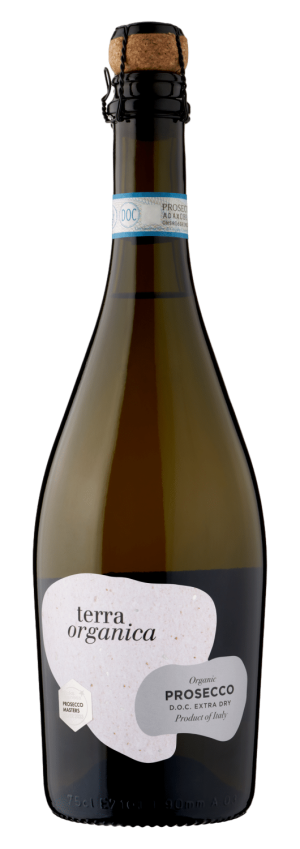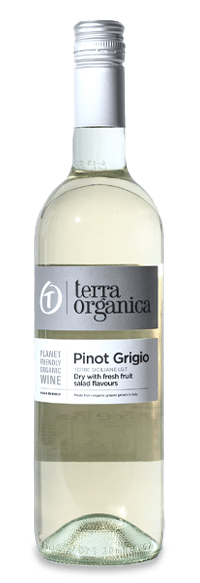One thing we’re asked all the time is if our wines contain sulphites. While the short answer is yes, the longer answer is a bit more complicated. All wines, including organic, natural and biodynamic ones, contain some amount of sulphites. However, the quantity can vary drastically from bottle to bottle.
Organic wines generally have a lower amount of sulphites than conventional ones. This potentially improves the taste of the wine, and goes down easier with people who are sulphite-sensitive.
What are sulphites in wine?
So, what are sulphites, then? Sulphur dioxide arises naturally in wine as part of the fermentation process, when natural sugars in grape juice are transformed into alcohol. Sulphites are also common preservatives that have been added to wine for centuries to prevent spoilage from oxidation and contamination from unwanted yeasts or bacteria. Sulphites are found in a range of foodstuffs including cured meats, fermented foods such as sauerkraut, and are particularly high in dried fruits.
Are sulphites harmful?
For the majority of people, no. The main issue is that sulphites are an allergen, so for a small minority of people, they cause a moderate to severe allergic reaction: hives, itchiness, upset stomach and other unpleasant symptoms. A larger number of people are sulphite-sensitive: while they are not allergic, they can experience some unpleasant symptoms such as coughing, or skin irritation. This is thought to be 2% or less of the UK’s population.
Sulphite sensitivity is linked to asthma, and people who suffer from it should always monitor their sulphite intake.
Do sulphites cause headaches?
Many of our customers who we meet claim that they get fewer headaches after drinking Terra Organica wines, than other wines, but amazingly, the biggest cause of headaches in wine is still the alcohol itself. People often blame the sulphites in wine for their headache without doing the same after eating bacon, pickles or dried fruit! Red wine, often blamed as the culprit for headaches actually has a lower level of sulphites than a delicate white wine.
Unless you have a sensitivity, there’s little evidence to suggest that sulphites contribute to feeling hungover. However, it may be a good idea to avoid wines with excessive levels of sulphites. Cheap, mass-produced wines made from less healthy grapes often have more sulphites added to them to stop the grapes from spoiling and can cause you to cough.
If you do suspect a sulphite sensitivity, it certainly can’t hurt to choose organic wines, as the level of sulphites in organic wines is usually lower than in conventional, non-organic wines.
How many sulphites does wine contain?
The amount of sulphites in wine can vary quite a bit. Like for all other allergens, winemakers are legally obliged to list sulphites on their label. Under labelling regulations, a winemaker must declare the presence of sulphites if they make up more than 10ppm (parts per million).
Naturally occurring sulphites from fermentation tend to hover around 40ppm or less. When sulphites are added as a preservative, as they are in most conventionally made wines, they can be up to five times this level.
Is organic wine sulphite free?
The main thing that makes wine organic is how the grapes are cultivated (they must be grown without pesticides), and organic winemakers still use conventional methods like adding sulphites. However, in order to be certified as organic wine within the EU, as all our wine is, it must have a lower level of sulphites than non-organic wine.
There’s also the matter of flavour. Many wine drinkers believe too many sulphites can muffle or deaden the flavour of the wine, and generally low-sulphite wine is associated with having a fresher flavour.
There are many good reasons to drink organic wine, including helping the environment and avoiding artificial additives, but we do genuinely think it tastes better.
Conclusion
Sulphites are part of the traditional winemaking process and have been for centuries. Our wines do contain sulphites, which are both naturally occurring and added as part of the traditional winemaking process. You’ll therefore find the ‘contains sulphites’ label on all our bottles. However, the sulphite levels in our organic wines are lower than in most non-organic wines.
Sulphites only present a health risk for the small part of the population who are allergic or sensitive. While excessive use of sulphites can have a detrimental effect on a wine’s flavour, measured use helps create the flavour most wine drinkers enjoy.
If you are sensitive to sulphites, you may find that you get on better with organic wine, as it contains fewer sulphites than conventional wines.









